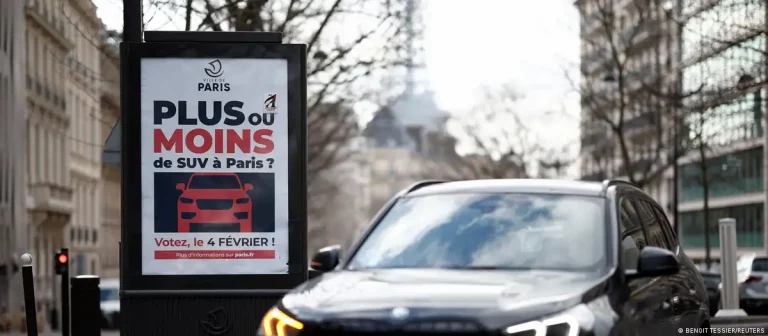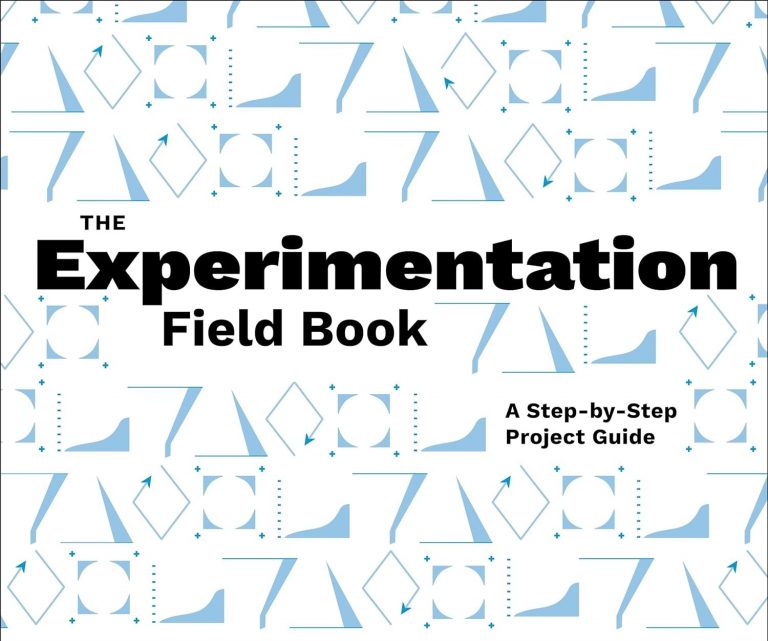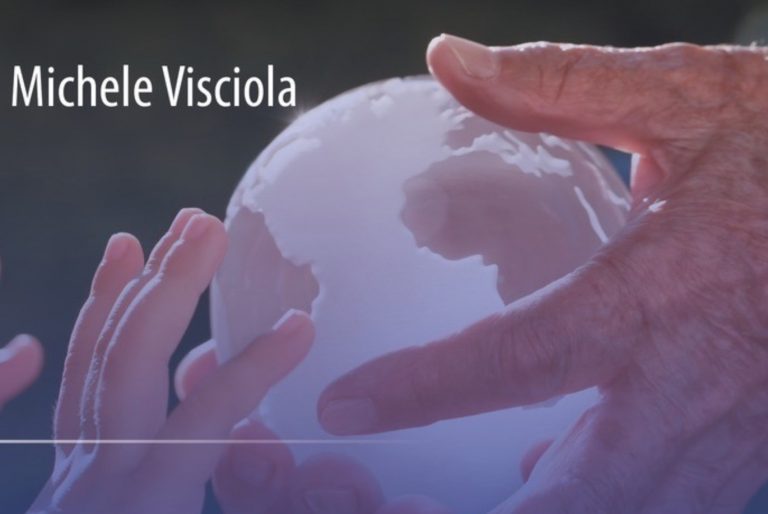Cluster #7 “Transmitting Architecture”
Two years on from the Olympic games, Torino is the first World Design Capital and also the arena of the 23rd edition of the World Congress of Architecture, to be held for the first time in Italy following the past edition in Istanbul 2000 and prior to the next in Tokyo 2011. A prestigious event which every three years reunites thousands of professionals and experts to cover a theme analyzing the future prospects of the profession and its relationship with the social and cultural problems of the moment.
From June 29 until July 3 over eight thousand professionals will meet beneath the Mole to discuss the concept of “Transmitting Architecture”, the main theme of the XXIII Congress 2008.
Cluster will dedicate a monographic edition to this event, introducing the work of the Congress and featuring reviews, interviews, articles and analysis organized around the main themes of the event, concentrating particularly on cities built from zero and slums. But not only.
Other sections of the Cluster issue will include contributions from Tokyo; host city of the next World Congress of Architecture and Flexibility; main exhibition and leitmotif of the Torino 2008 World Design Capital.
Special mention will be given to INDEX: Design to Improve Life, a Copenhagen based, worldwide non-profit organization that focuses on Design to Improve Life. Index is a global network that incorporates design experts and opinion leaders from all over the world. Initially conceived in 2000 and granted financial support by the Danish Ministry of Economic and Business Affairs, Index has become a network that consists of designers, businesses, organizations and design institutions who collaborate in disseminating and applying the latest knowledge in design that substantially improves important aspects of human life, Since March 2008 Cluster has become regional ambassador for Index.
The Index award exhibition takes place biannually in Copenhagen presenting the best examples of design to improve life and transforming Copenhagen into an international centre for the cutting edge of contemporary design and design thinking by presenting a series of events and the Index:Award, the biggest design award in the world. The winning designs are chosen by an international jury consisting of leading designers, design researchers, design writers and design thinkers from Europe, Asia and the U.S. The 2007 award was divided into the following five life categories Body, Home, Work, Play and Community.
Going back to the Congress, Cluster will be distributed to all of the eight thousand participating professionals that will meet in Turin and therefore will be an active protagonist and stimulant for the week of discussion on “Transmitting Architecture”. A theme that deals with the dialogue that architecture must hold with all aspects of society; politicians, economists, communicators and citizens in its contribution to transforming territories with the aim of asserting citizen rights to the quality of life and the environment.
Transmitting Architecture is about architecture’s ability to convey the meanings behind its actions, both as design creation and in terms of deep social involvement. One of the main goals is in fact to highlight the active role it plays in perceiving positive energies and society’s emerging phenomena.
The concept “architecture is for everyone: will be the common denominator for “Culture”, “Democracy” and “Hope”, the three subdivisions of the Congress that will be broadly covered in the Cluster edition while at the same time giving space to images and graphic design.
Firstly “Culture”: because architecture tells and passes down traditions and transmits the peoples’ history and culture over time preserving and improving the context for future generations.
Secondly “Democracy” because architecture concentrates on building a present of urban democracy with other subjects involved in dynamic processes in order to find effective solutions and solve the tangible problems that affect everybody.
Last but not least “Hope” because sustainability and environmental protection as an architect’s ethical duty and so is the search of the future for a world which is still habitable. The legacy we will leave to our children is at stake!
One of the articles is already online: it is an extensive and in-depth interview with John Thackara and Sunil Abraham on future democratic cities and the role of design in shaping them.




